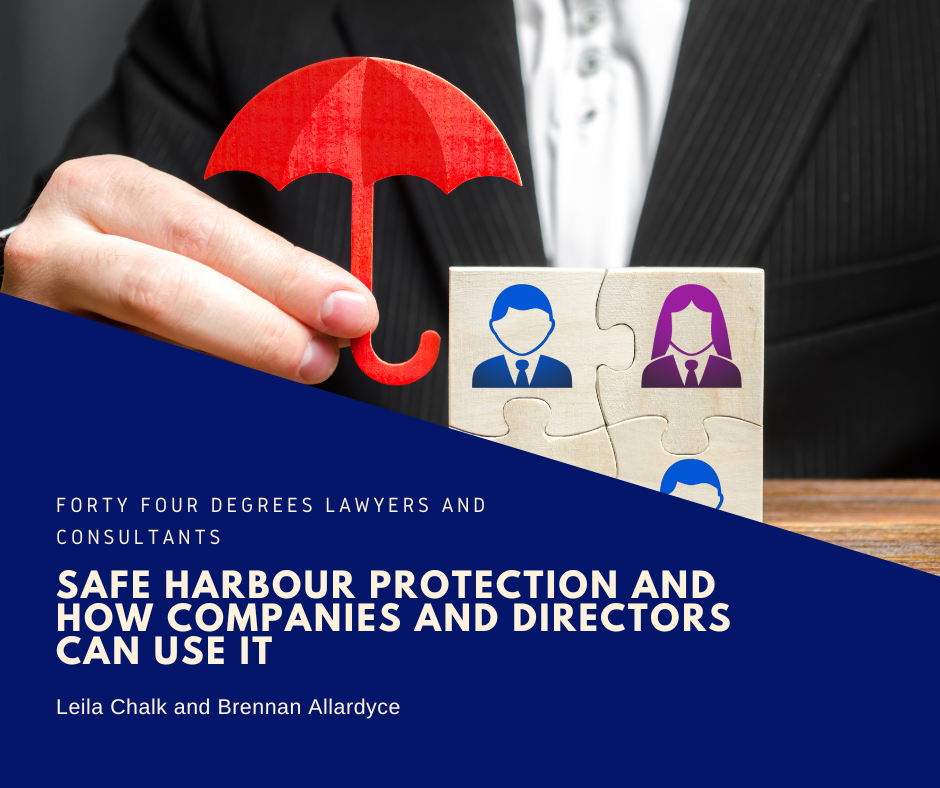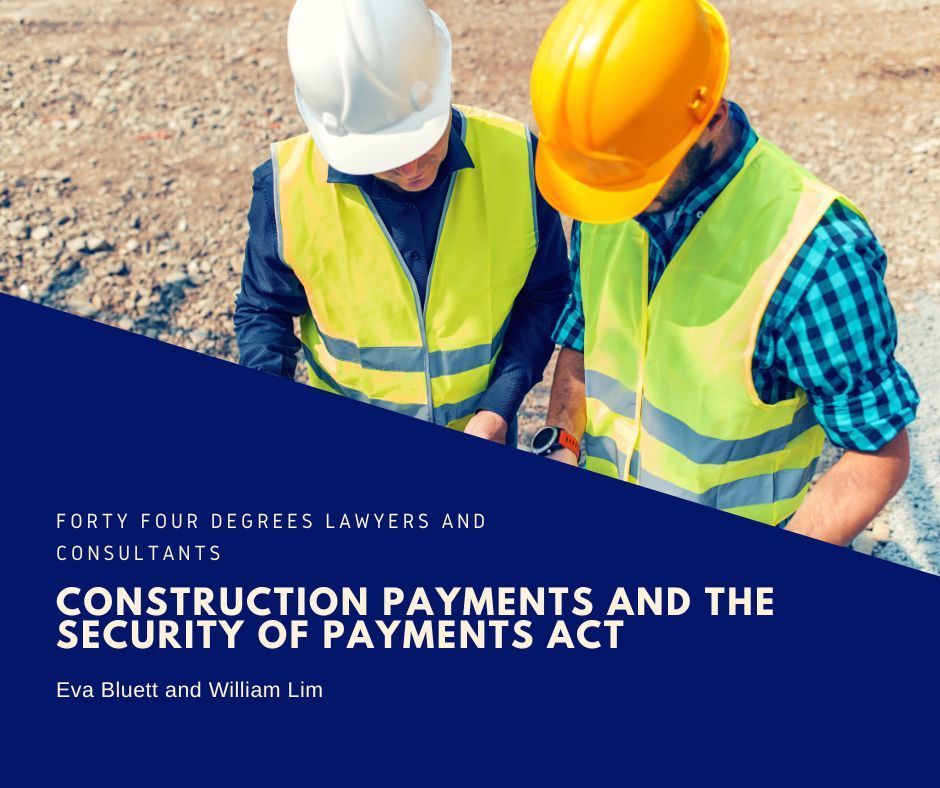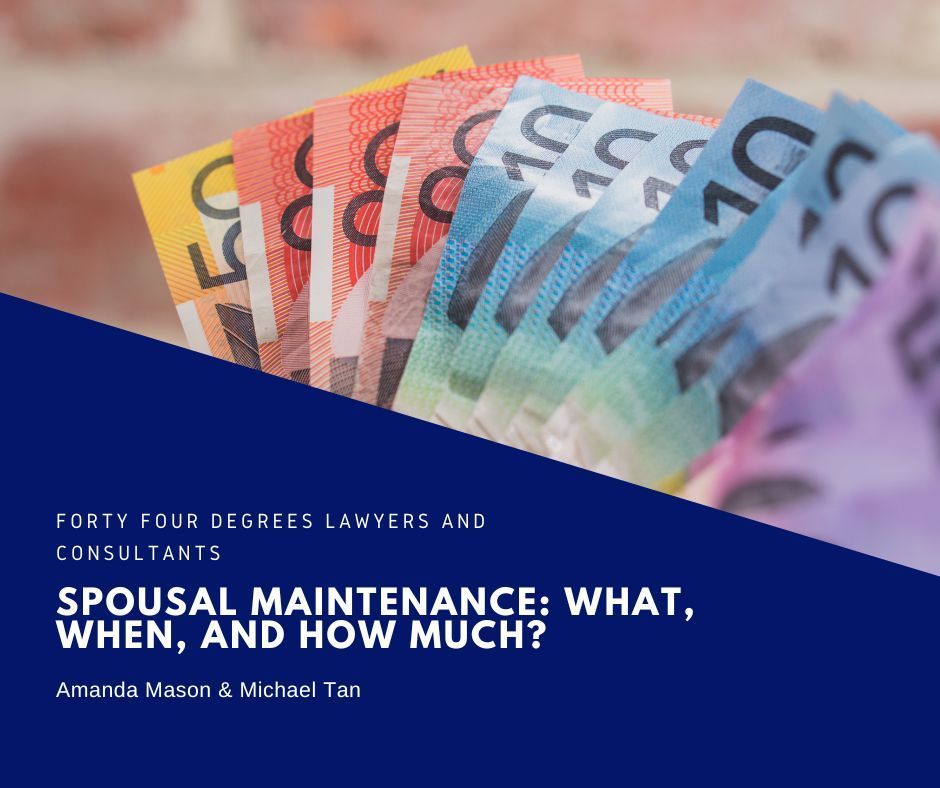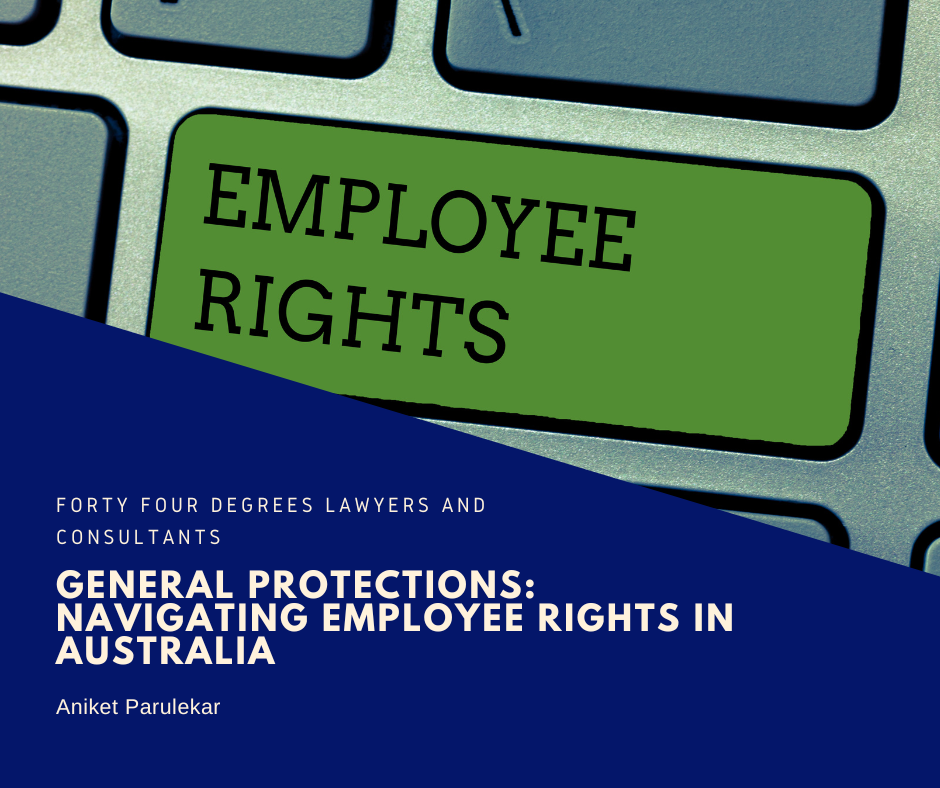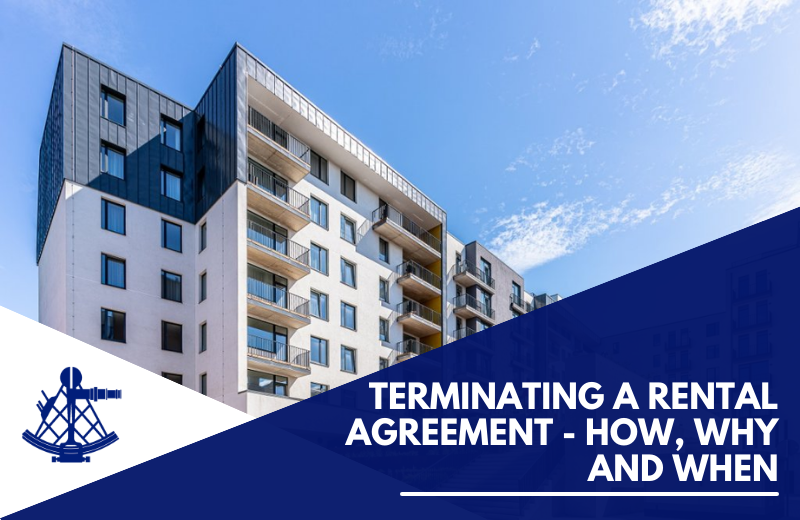Conveyancing basics
Leila Chalk • Sep 30, 2019
The jargon in conveyancing can be stressful to navigate. We are here to help.

Certificate of Title
What is it?
A record of interests and rights affecting their land. A certificate of title will show:
-the date it was created
-name(s) of registered proprietor(s) and how they hold the asset
How can you find it?
Title searches can be conducted through LANDATA for a fee or we can order one through our provider for you. A historical title search is also available to give you an idea as to what happened (mortgages, caveat, ownership, notices, and the such,) to the property since this title was crated.
Why do you need it?
You should always review the certificate of title to safeguard your best interests.
By reviewing the title, a purchaser will be able to understand what has been done to the property in the past and what restrictions and/or interests may affect it in the future.
- - -
Caveat
What is it?
A written warning to anybody who checks the Certificate of Title that the caveator (person who lodged the caveat) has a prior interest.
A purchaser who signs a contract of sale acquires a 'caveatable interest' and they will be entitled to register a caveat to protect that interest.
Why is it important?
A purchaser is not the legal owner of a property until their interest is registered with the Land Titles Office of Victoria (following lodgement of the Transfer of Land documents).
There is a risk that others could register their interests in the property before the purchaser has registered theirs. Therefore, by lodging a caveat a purchaser can prevent others from registering their interests ahead of theirs.
- - -
s32 Vendor's Statement
What is it?
A document that must be provided by the vendor to an intending purchaser, outlining certain information about the condition of the property: s 32 Sale of Land Act 1962 (Vic).
If the statement is defective, you may be able to cancel the contract.
Why do you need it?
To help you make an informed decision whether to buy the property.
Who should prepare it?
S 32 should always be prepared by a qualified lawyer.
- - -
Loan Contract / Mortgage Documents
What is it?
A document that outlines the terms of a loan between you and your bank/lender. It provides a record of your loan and any relevant security.
What details are included?
Loan amount
Expected loan period
Type of interest rate - fixed or variable
Associated fees and charges
Guarantees
Information about security
- - -
Contract of Sale
What is it?
A document prepared by a lawyer used to formalise the sale of property. Contracts for the sale of real estate must be in writing and signed by both parties: s 126 Instruments Act 1958 (Vic)
The Contract of Sale should always be reviewed before signing by a qualified lawyer. To see why we offer this service for free, check out our blog post here.
What does it contain?
Particulars of sale (Details of the property, the terms of purchase, parties' details and details of the agent and lawyers, deposit, purchase price, balance, settlement date, subject to finance clause information, GST information, information about the lease if any)
General Conditions
Special Conditions
S 32 Vendor Statement
Signing a contract of sale:
Once both parties have signed the contract it is binding.
Changes can only be made after signing if both parties agree.
- - -
Settlement Statement
What is it?
A document that outlines what the purchaser has to pay to the vendor on settlement day.
What does it include?
It includes all payments and receipts related to the settlement such as:
Total purchase price less any deposit paid
Statement of Adjustments
Stamp duty and any concessions (First Home Owner Grant, PPR)
Contact Us
We’re an Australian Law Firm promoting a nuanced, personal touch. We have the skills you need to resolve your case quickly and with a positive outcome. Our straight talking team stays close to simplify what is most often a complicated process. We help individuals and businesses with technology and startup law, property law including conveyancing and leasing, commercial law, civil litigation, wills, estates, bankruptcy, insolvency, criminal law, and professionals facing investigations and charges from their regulatory body.
We have a connected network of talented lawyers in Melbourne CBD, Dandenong, Ballarat, and Ivanhoe East.
Fill out the form or call us on 1300 892 237.
Thank you for contacting us.
We will get back to you as soon as possible
We will get back to you as soon as possible
Oops, there was an error sending your message.
Please try again later or call us on 1300 892 237.
About Us
We do business your way.
203/ 50 Market St, Melbourne VIC 3000
50 Lydiard St South
Ballarat Central VIC 3350


